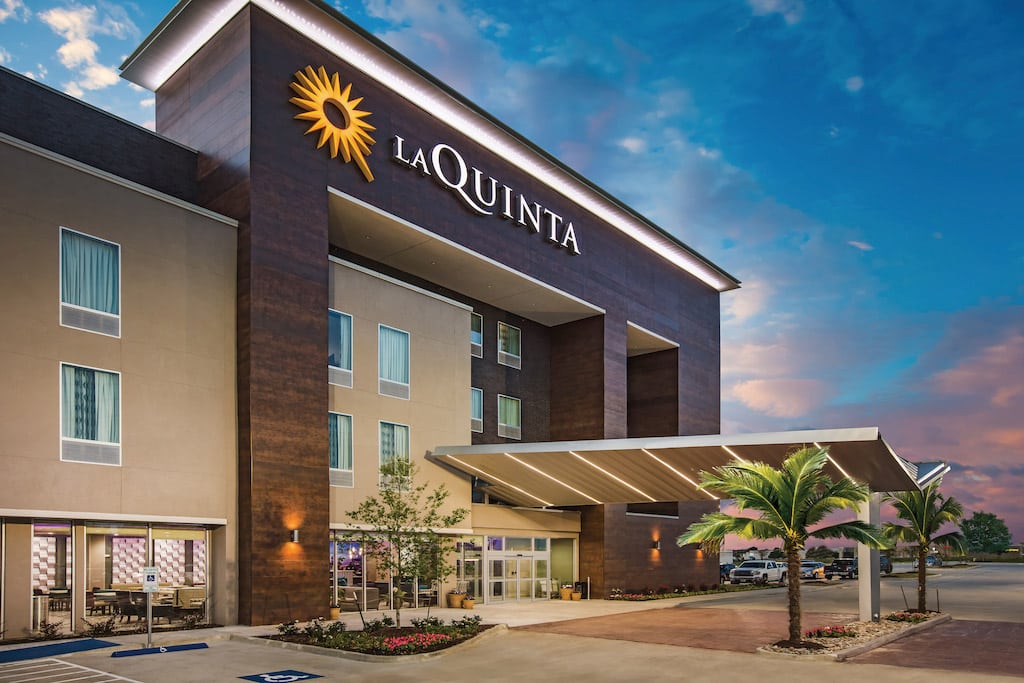La Quinta Payoff: Wyndham Sees Big Revenue Jump From Its Latest Acquisition

Skift Take
So, what will Wyndham be buying next year?
Having just become its own public company in June, Wyndham Hotels & Resorts is primarily focused on three things: growing the number of rooms in its system; demonstrating the value of its brands to hotel owners; and integrating its $1.95 billion purchase of La Quinta.
And according to CEO Geoff Ballotti, the company is "very optimistic" about its future, as he noted on a conference call on Tuesday discussing Wyndham's third quarter earnings for 2018.
The La Quinta Integration
In an interview with Skift in June, Ballotti said the acquisition of La Quinta would be "transformational" for the company, and so far, the integration, which is expected to be completed by the first half of 2019 is proceeding as planned, Ballotti said.
The press release noting Wyndham's third quarter earnings also indicated that the remaining parts of the La Quinta integration pertain to loyalty and information technology (bringing La Quinta hotels onto Wyndham's own cloud-based central reservations system).
Wyndham reported an increase in hotel franchising revenue in the quarter of 35 percent
